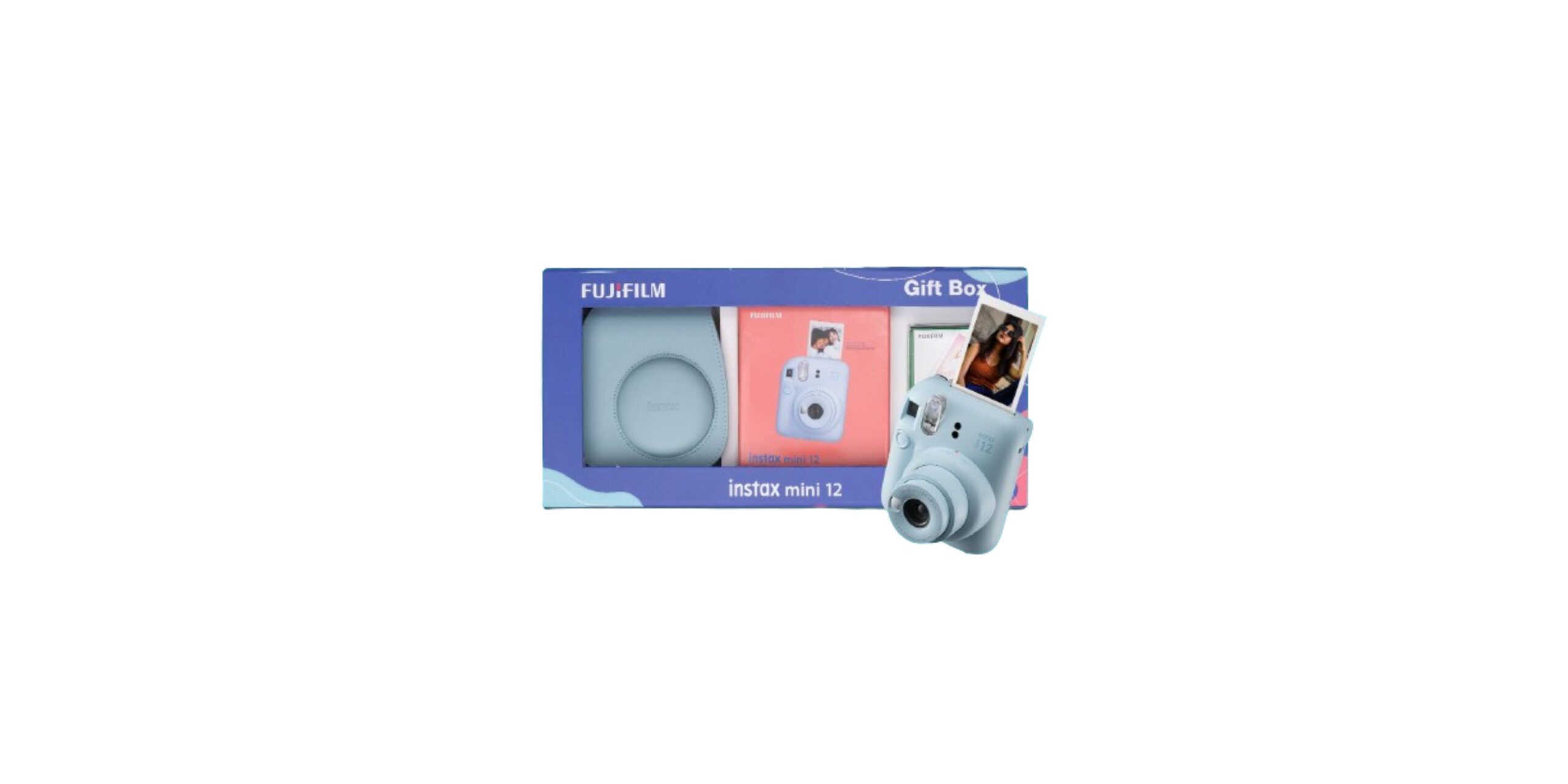The world of technology is progressing rapidly, but it is not without perils. Although technology connects people worldwide and makes it easier for people to fulfill their shopping requirements from the comfort of their couches, cybercriminals are working around the clock to hack personal data.
On the one hand, online payments are the easiest payment method, and on the other, hackers can steal your credit card and additional financial information and empty your bank account. Also, if they get their hands on your personal information, they can steal your identity, and it may take years to rectify the damage.
However, iPhone users are safer than Android and Windows users. This is because the risk of iPhones being infected with viruses and malware is low. But unfortunately, there is a low risk you might be on the radar of a cyber-criminal. That’s why do not waste even a second to strengthen your phone’s security, so you don’t become a victim.
How to Know if your iPhone is Virus-Infected?
Not all viruses and malware are the same. But there are some common signs you must look out for:
- You notice applications installed on your phone that you must remember to install.
- You notice an increased number of irrelevant ads when browsing the Internet.
- You are receiving suspicious messages from marketers or third parties.
- You are seeing messages popping up on your screen, like an appointment you don’t remember or a video call you didn’t schedule.
- Your phone is behaving strangely, like there’s an unexplained increase in data usage or the battery is draining faster than usual.
These signs may indicate your phone has a virus or malware. It might be interfering with the regular functioning of your iPhone. The next thought coming to your mind must be how to remove viruses from iPhone. Keep reading to get the answer.
Steps to Remove Virus from iPhone
- Restart your phone by holding the power button and sliding to the right to switch off the device. Then, switch on the phone again by holding the power button.
- Suppose you think you have downloaded a virus on your phone after clicking an unknown link on the Internet, open Safari. Then, head to Clear History and Website Data. When a pop-up appears to confirm the action, tap on Clear History and Data.
Are there any in-built iOS Features Against Malware/Viruses?
To ensure iPhones don’t suffer from malware and viruses, there are some built-in features:
- Sandboxing – Sandboxing is a security measure used by iOS devices, ensuring applications do not overstep their boundaries. So, no matter what application you have installed on your device, it will not access data from other applications.
- App Store controls – To keep users safe, Apple exercises App Store controls. This means you can download applications only from the App Store and cannot sideload from other sources. While the system isn’t flawless, it keeps most dangerous and malicious applications away, so your device stays safe.
- iOS updates – iOS users get timely operating system updates, which come with security enhancements and performance improvements. So, users must continually update their iOS devices to use the latest features and keep their devices safe.
How can iOS Users Prevent Getting a Virus on their Devices?
Protecting and keeping your iPhone safe is straightforward and can be done without much fuss. Some of the steps you must take are:
- Do not connect to public Wi-Fi networks. Hackers and cybercriminals regularly expose the vulnerabilities of these public networks. They use these networks to distribute malware. It is recommended you avoid using public networks altogether or protect your phone with a security application before connecting to the free hotspot.
- Install and use VPN services if you have to connect to public networks. VPNs spoof the IP address and encrypt Internet traffic so users can anonymously browse the Internet.
- You must avoid installing applications from anywhere but the App Store.
- You must restrict app permissions so they cannot unnecessarily access data to their functions. Also, be vigilant of the permissions given to your apps.
- Remember to update your phone regularly. The latest updates come with bug fixes and security improvements. It will keep your phone safe.
- Do not download any email attachments you have received from unknown recipients. Also, don’t click on suspicious links.
- Last but not least, install a security or antivirus app on your phone.
Final Thoughts
The risk of iPhones getting viruses and malware is low but not 100% absent. Therefore, be highly vigilant when noticing the signs and symptoms of a virus infection. If you suspect something is wrong, do not waste time restarting your phone and clearing the browser cache. Also, install a security application to prevent malware and viruses from plaguing your device.
Your iPhone’s security is in your hands. Don’t be lax!








